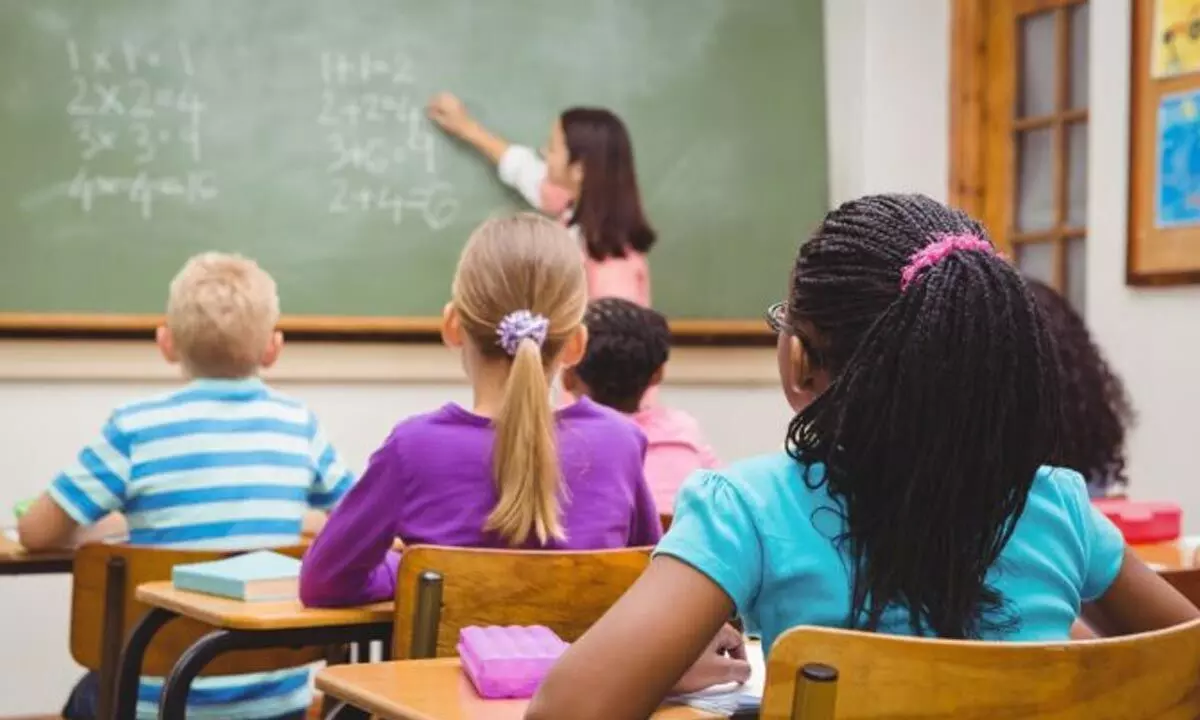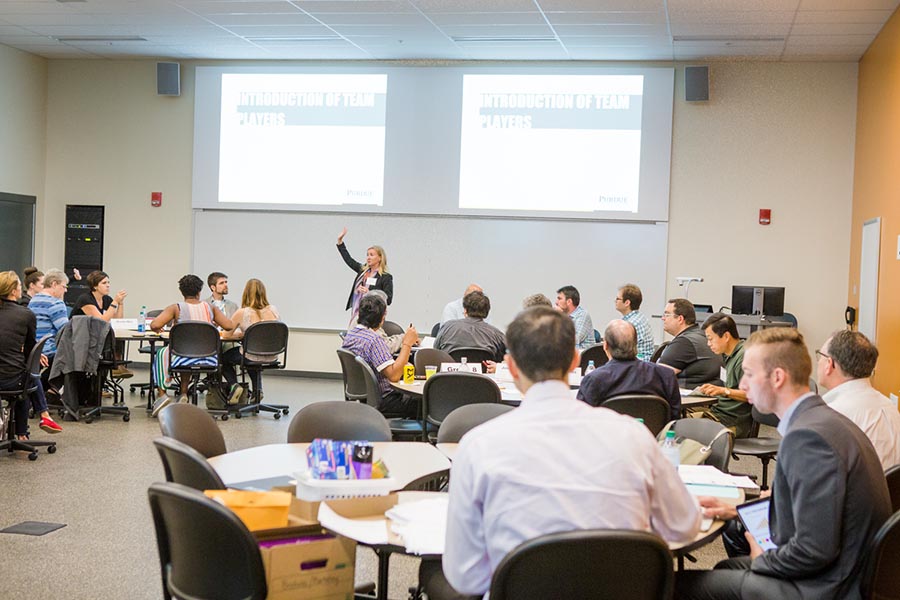Education is undergoing a dramatic transformation, breaking free from the restrictions of the traditional classroom model. This evolution is driven by technological breakthroughs and a deep understanding of how our minds process information. Let us embark on an exciting voyage into the subtle domain of learning psychology in this captivating journey of discovery. We will discuss two innovative teaching methods: the Flipped Classroom and the Gamified Lesson.
Flipped Classrooms: Rethinking the Learning Experience
The traditional
approach to pedagogy undergoes a radical transformation in the area of the
Flipped Classroom paradigm. Instead of lecturing in the middle of class and
assigning homework for reinforcement, students are given study materials ahead
of time. They independently read these materials before class. The focus
moves from passive absorption to active engagement inside the constraints of
the classroom.
This technique is
consistent with cognitive psychology concepts that emphasize the need for
dynamic and engaged learning experiences. Allowing students to interact with
novel subjects on their own from the outset stimulates the development of
problem-solving skills and the refinement of critical thinking abilities. As a
result, the classroom becomes a vibrant arena where debate, cooperation, and explanation
reign supreme, resulting in improved comprehension and increased information
retention.
Gamified Lessons: Tapping into Intrinsic Motivation
Gamification uses
significant insights from behavioral psychology to create captivating
encounters with knowledge acquisition. Instructors can tap into the natural
motivation that drives human activities by seamlessly combining educational
content with gaming components such as point systems, incentives, and trials.
The underlying core of
gamified learning is found in the complexities of the human psyche. It evokes
feelings of accomplishment and development, similar to the satisfaction felt
while completing stages in a digital domain. This not only boosts motivation
but also accelerates the learning process. It embodies the essence of
"flow" psychology - a state of profound involvement in which the mind
is most open to learning new skills and ideas.
The Science Behind It: Cognitive Load Theory and Learning Styles
The concept of
cognitive load theory is important in comprehending the complexities of the
human mind's process of knowledge acquisition. This approach can assist
educators in determining how much intellectual work is required for a specific
learning endeavor. Instructors can guarantee that students are not overwhelmed
by overwhelming complexity or challenged with insufficient problems by
carefully regulating cognitive load, which is a crucial component of effective
learning.
Also, understanding the
wide range of learning styles is critical. Some children excel when exposed to
visual cues, whilst others prefer aural or tactile clues. The use of flipped
classrooms and gamified lectures has the potential to be adapted to these
specific tastes, thus increasing the inclusion and accessibility of education
for all students.
As we embark on this fascinating path of navigating the ever-changing world of education, it becomes abundantly evident that gaining scientific knowledge is vital in improving teaching practice! Flipped classrooms and gamified lessons are great examples of how educators may use psychological principles to improve the learning experience in novel ways!
Because of the seamless integration of technology,
psychology, and student achievement, the field of education has an incredible
potential for greatness! In this exciting series of blog postings, we will look
deeper into a variety of creative educational strategies, along with their
stunning benefits, inventive methodologies, and incredible success stories!
Join us as we proudly unveil the essential components of effective 21st-century
learning!
"Explore the
mind's hidden pathways to knowledge in our journey through flipped classrooms
and the magic of gamified learning."



